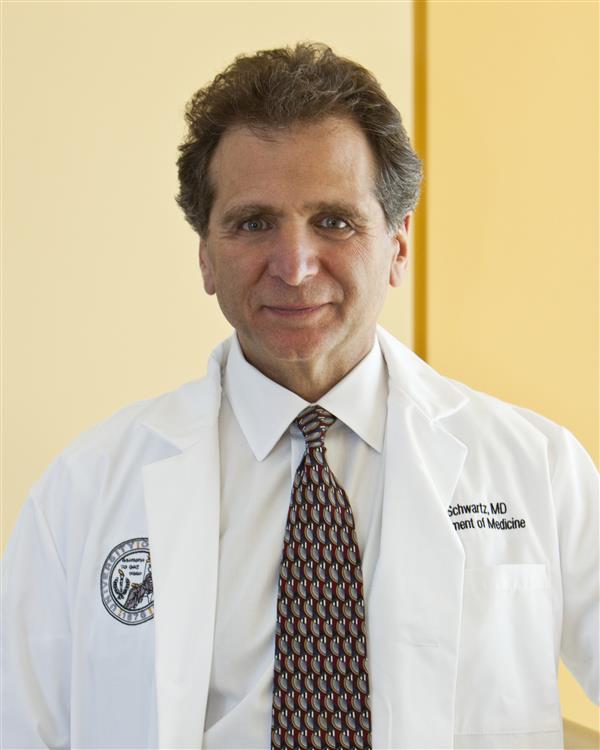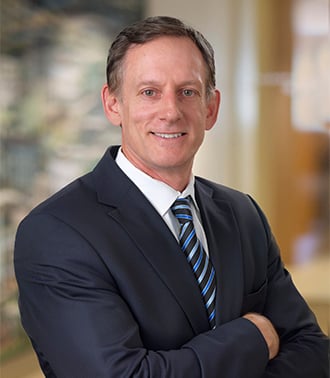
Reiss, a specialty chief editor of the journal Frontiers in Aging Neuroscience, believes the focus instead should be taking "corrective action" on neurons.

The Food and Drug Administration last year approved a drug, Aduhelm, that aims to remove amyloid, but Reiss and many other scientific experts criticized the decision, because of mixed results in clinical trials and potentially serious side effects. Much Alzheimer’s research has focused on proteins called amyloid and tau, which build up in the brains of people with the disease. Reiss, a member of the foundation's advisory board, said other scientists have looked at human cells reprogrammed in the lab to act like neurons.īut her team is obtaining genetic information from actual human neurons, by capturing particles that are shed from neurons and then circulate in the blood. That’s one of the reasons why we’ve supported this." It’s an extraordinary approach we haven’t seen done anywhere. "Her focus is to find out early where something has gone wrong in the brain by trying to re-energize healthy neurons. "There are a lot of different ideas out there, but not like this," he said. Alzheimer’s causes neurons to stop functioning and then die.īy clicking Sign up, you agree to our privacy policy. Reiss believes comparing genetic information in brain cells called neurons is the key.

Researchers have spent decades searching for a cure, or at least a drug that significantly slows the progression of the disease. In later stages, many people with Alzheimer’s cannot carry out basic tasks. The fatal disease, the most common type of dementia, attacks the brain, gradually destroying memory and thinking skills.

"We still don’t understand what’s wrong."Ībout 6.2 million Americans were living with Alzheimer’s in 2021, according to the Centers for Disease Control and Prevention. "If you know what is wrong, you can take steps to correct it," said Reiss, an associate professor of medicine in the NYU Long Island School of Medicine in Mineola and head of the hospital’s inflammation laboratory. Reiss is seeking more blood samples for her research. The goal is to then reprogram those cells - called neurons - to behave like healthy brain cells and develop treatments to slow the progression of Alzheimer’s or prevent it entirely. Researchers at NYU Langone Hospital-Long Island in Mineola are examining genetic information in brain cells to find out what causes Alzheimer’s disease.


 0 kommentar(er)
0 kommentar(er)
